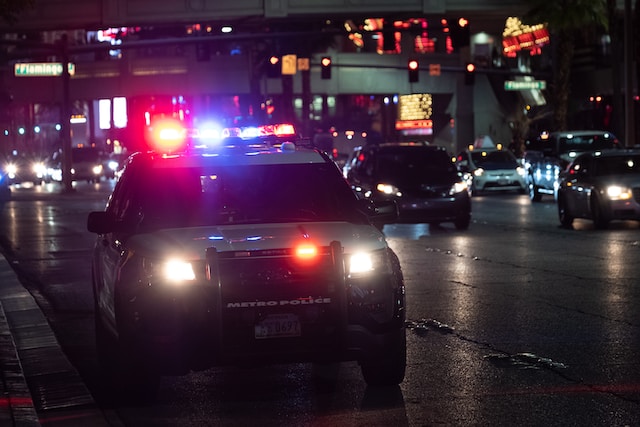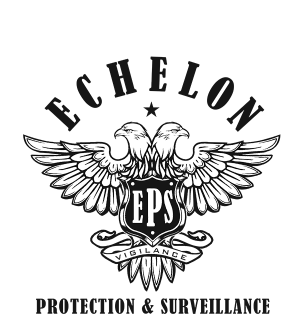 Recent statistics from the Centers for Disease Control and Prevention (CDC) reveal a troubling trend in the United States: more Americans died of gun-related injuries in 2021 than in any other year on record. This includes a record number of both gun murders and suicides. While the rate of gun deaths remains below the levels of earlier decades, the sheer number of fatalities paints a grim picture. In 2021 alone, 48,830 people died from gun-related injuries, including murders, suicides, and accidents.
Recent statistics from the Centers for Disease Control and Prevention (CDC) reveal a troubling trend in the United States: more Americans died of gun-related injuries in 2021 than in any other year on record. This includes a record number of both gun murders and suicides. While the rate of gun deaths remains below the levels of earlier decades, the sheer number of fatalities paints a grim picture. In 2021 alone, 48,830 people died from gun-related injuries, including murders, suicides, and accidents.
Mass Shootings: A Growing Concern
Mass shootings, a subset of gun-related violence, have particularly haunted the nation’s conscience. According to Everytown for Gun Safety Support Fund, since 2015, over 19,000 people have been shot in mass shootings, with 2022 witnessing over 600 deaths. The number of mass shooting incidents and victims has been on a steady rise, reaching a peak of 686 incidents in 2021. These shootings occur in everyday settings – schools, churches, and businesses, underscoring the unpredictability and widespread nature of this violence.
Businesses: The New Frontline
Businesses, often the sites of these tragic events, are increasingly finding themselves on the frontline. The nature of mass shootings, occurring in places where people gather, makes commercial establishments particularly vulnerable. This vulnerability necessitates a reevaluation of security measures in business settings. The presence of security guards, trained to respond to active shooter situations, can be a critical factor in preventing or mitigating the impact of such incidents.
The Role of Security Guards in Prevention
Security guards serve as a first line of defense in the event of a mass shooting. Their presence can deter potential shooters who often seek out soft targets. Moreover, trained guards can identify and respond to threats more quickly than untrained staff or customers, potentially saving lives. In the event of a shooting, guards can take immediate action to protect people on the premises and assist law enforcement when they arrive.
Balancing Security with Business Operations
While the need for increased security is clear, businesses must balance this with their operational goals. The presence of security personnel should not be intrusive or create a sense of fear. Instead, it should provide reassurance to employees and customers alike. Businesses must also consider the financial implications of hiring security guards, weighing the costs against the potential risks of not having adequate security in place.
Training and Preparedness
Simply having security guards is not enough; they must be properly trained to handle active shooter situations. This training should include crisis management, emergency response, and coordination with local law enforcement. Businesses should also conduct regular drills and provide training to their staff on how to respond in the event of a shooting.
Conclusion
The rising trend in mass shootings in the United States, coupled with the record number of gun-related deaths, underscores the need for businesses to enhance their security measures. The presence of trained security guards can play a crucial role in preventing and responding to these tragic events. As businesses continue to be targets, investing in security is not just a precaution; it’s a necessity to protect lives and ensure the safety of employees and customers.


